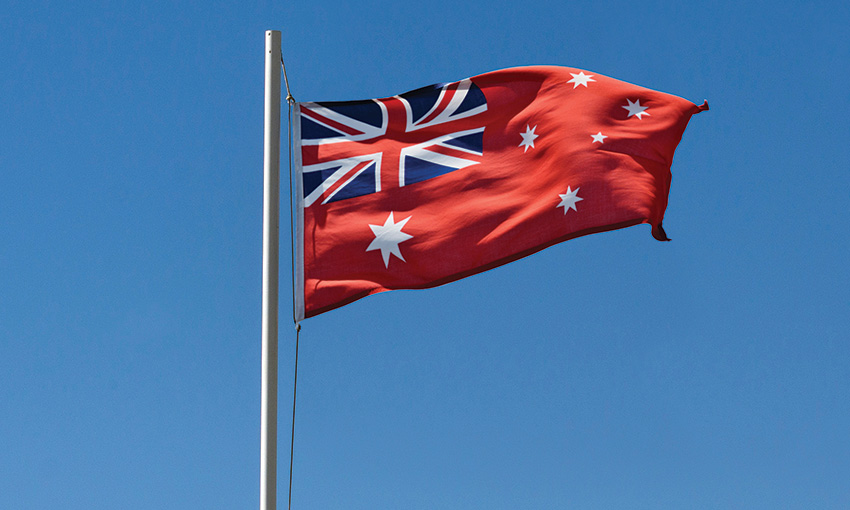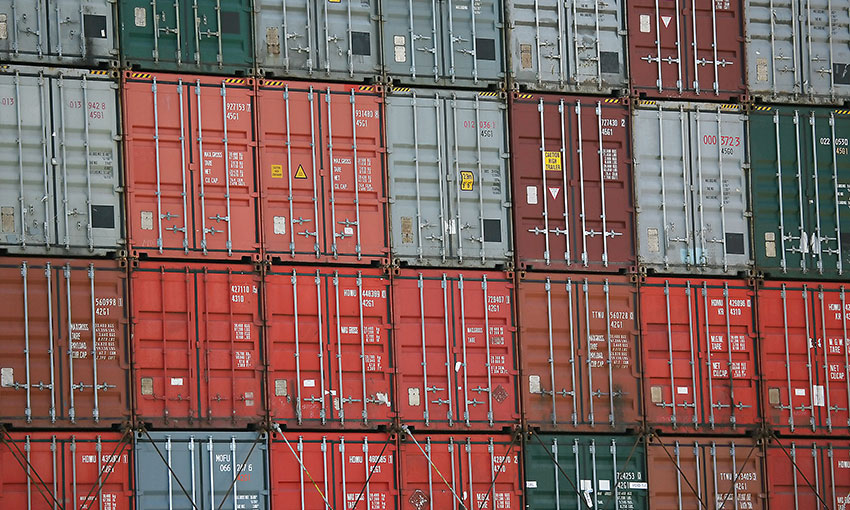BIOSECURITY is the name of the game in the 2023-24 federal budget.
The government announced an expected increase in funding of more than $1 billion over four years to “strengthen Australia’s biosecurity system”.
The lion’s share of this increase in the budget is $845 million over four years. The budget papers say this is to “maintain biosecurity policy, operational and technical functions on a sustainable basis, the cost of which will be partially met through the introduction of cost recovery arrangements for the clearance of low value imported cargo”.
These arrangements are expected to raise $81.3 million over three years from 2024-25.
Additionally, the government has allocated $145.2 million over three years from 2023-24 for “modern digital systems in cargo pathways that are integrated with business systems, cut red tape and streamline regulation and service delivery for importers”.
And, there is $40.6 million over four years from 2023-24 for the Indigenous Ranger biosecurity Program in Northern Australia.
In addition to the cost-recovery arrangements for low value imported cargo, a biosecurity protection levy on agricultural producers will help fund the additional biosecurity measures. This levy, to enter into force from 1 July 2024, is set at a rate equivalent to 10% of the 2020-21 industry-led agricultural levies. It is expected to increase revenues by $153 million over three years.
In the budget papers, the government wrote: “The levy recognises the benefits that primary producers derive from Australia’s biosecurity system, including detection, identification and response associated with invasive pests and diseases, maximising trade opportunities, and enhancing access to premium overseas markets”.
A “bittersweet hand”
However, the National Farmers’ Federation president Fiona Simpson said she welcomes the government’s commitment to cement and increase baseline Commonwealth funding into the budget, including through some increased chargers on importers and travellers.
“However, farmers hoping to see an increase in biosecurity funding have been dealt a bittersweet hand, with a surprise raid on farmers’ hip pockets set to help bankroll the system,” she said.
“The move to have farmers foot the bill is a bitter pill to swallow. We’re already significant financial contributors. What’s more, we bear the cost of managing historical pest and disease incursions and face the enormous threats posed by pests and diseases on our doorstep.”
Ms Simpson said the NFF hoped to see a scheme such as a broad-based container levy, which would force “risk creators” to underwrite the system.
“It’s extremely disappointing to have to continue waiting for a meaningful contribution from risk creators,” she said.
Govt’s biosecurity job “half done”
The Invasive Species Council also welcomed the biosecurity measures in the budget but said they do not go far enough.
Invasive Species Council CEO Andrew Cox said the budget has delivered welcome new biosecurity funding and improved certainty over the forward estimates.
“Yet, the government’s work is only half done. An effective levy on sea and air containers and other risk-creating sectors is vital if biosecurity funding is to keep pace with growing volumes of trade,” Mr Cox said.
“There are too many free riders in the system. Importers of goods are not paying their share for the massive damage they cause when they unleash a new pest or pathogen into our environment. With the bulk of new funding being delivered through increased agricultural levies, risk creators need to be the primary focus, especially importers that inadvertently bring harmful pests, weeds and diseases into Australia.”
Mr Cox said the government had flagged it would look at other options for revenue sources like a container import levy, but there is no delivery timetable.
“It’s unfair for all Australians to foot the bill for the hundreds of millions needed to eradicate Queensland’s red fire ant infestation originating from contaminated overseas cargo,” he said.
“It is critical that this funding delivers explicitly for environmental biosecurity priorities, including preparing for some of the most dangerous invaders on our doorstep, such as highly pathogenic bird flu strains, which could wipe out native bird populations.”
Further biosecurity discussions
Ports Australia CEO Michael Gallacher said he looks forward to further discussions with the government on its undertakings to fund biosecurity for the future.
“Sustainable funding of our nation’s biosecurity measures needs to focus on those responsible for sending the potential risk to our shores,” he said.
“Whether its foreign car manufacturers leaving vehicles sitting idly in paddocks before shipment; overseas based exporters packing a container full of goods to send to Australia or individuals seeking to import into our country products such as meats, fruit, or vegetables. They are all seeking to profit from demand in the Australian market and they need to understand we all take the protection of Australian fauna and flora seriously.”
Emissions reduction in maritime
The budget also allocated $600,000 to develop a “Maritime Emissions Reduction National Plan” to facilitate the energy transition for the domestic maritime sector.
Ports Australia suggested more funding would be required to see the emissions reduction project through.
Mr Gallacher said the Australian government’s initial investment in such a plan is positive.
He said the Australian maritime industry had already been working to reduce emissions and the government would need to consider the efforts already made by ports, shipping lines, and other services providers.





